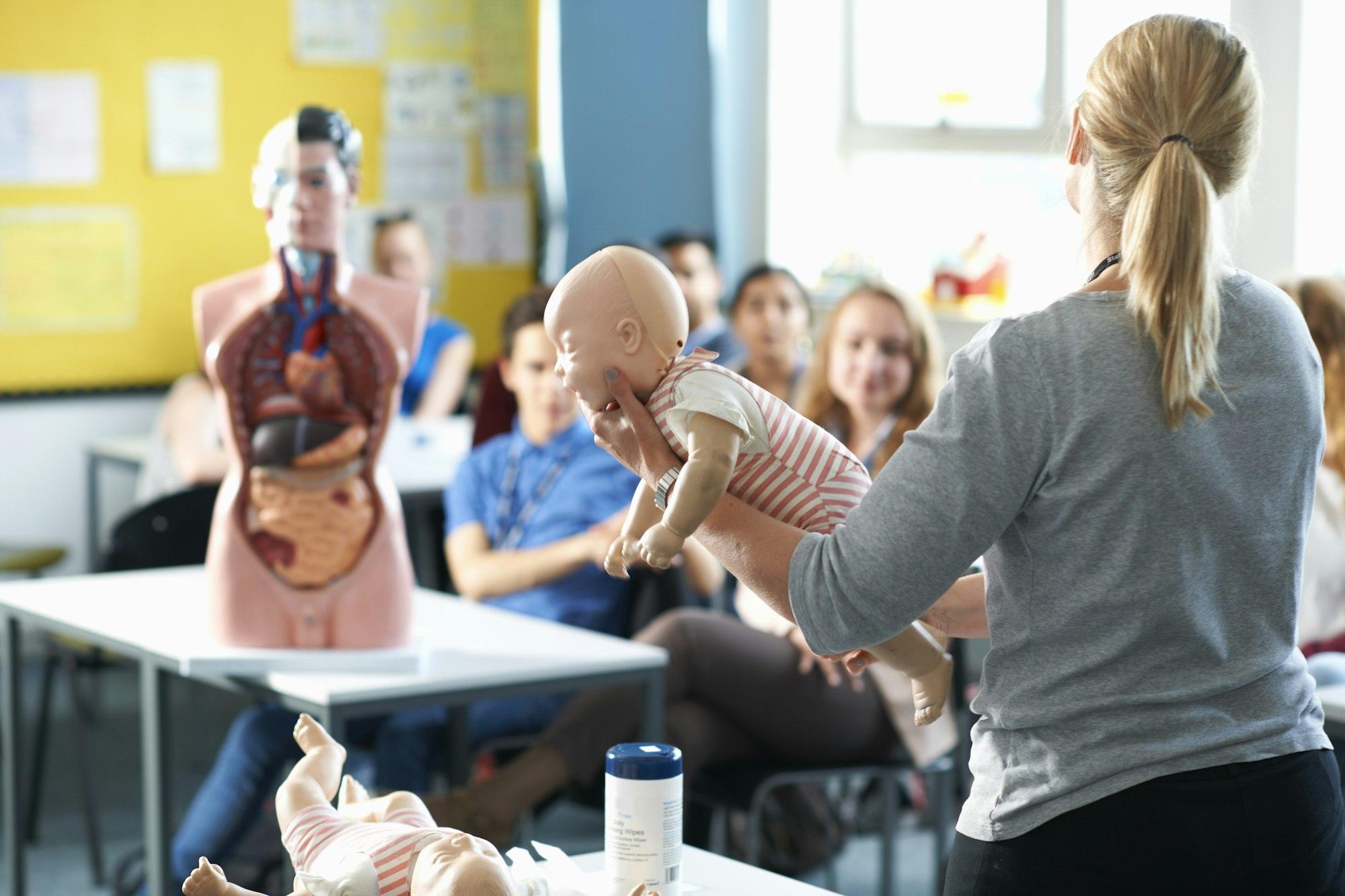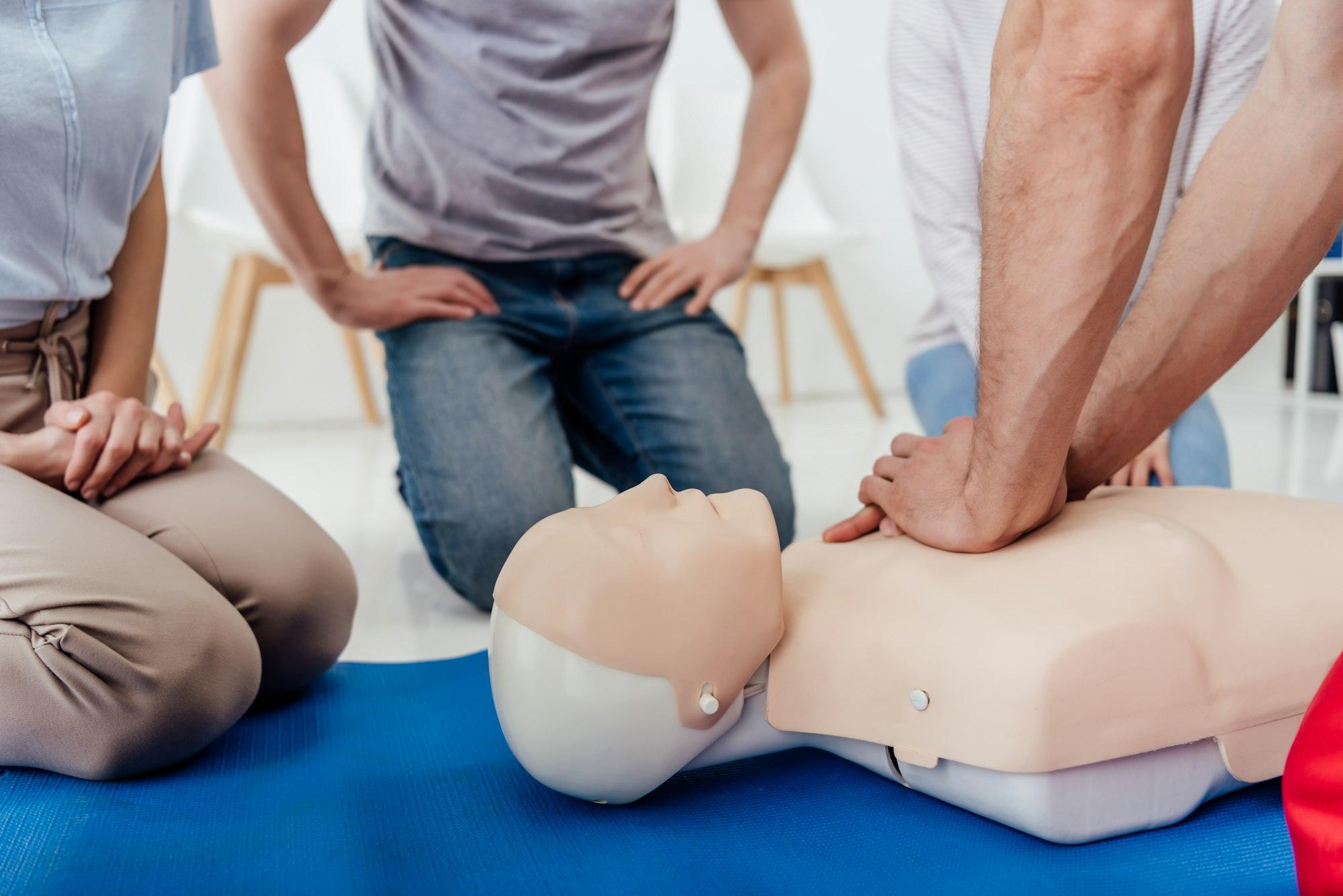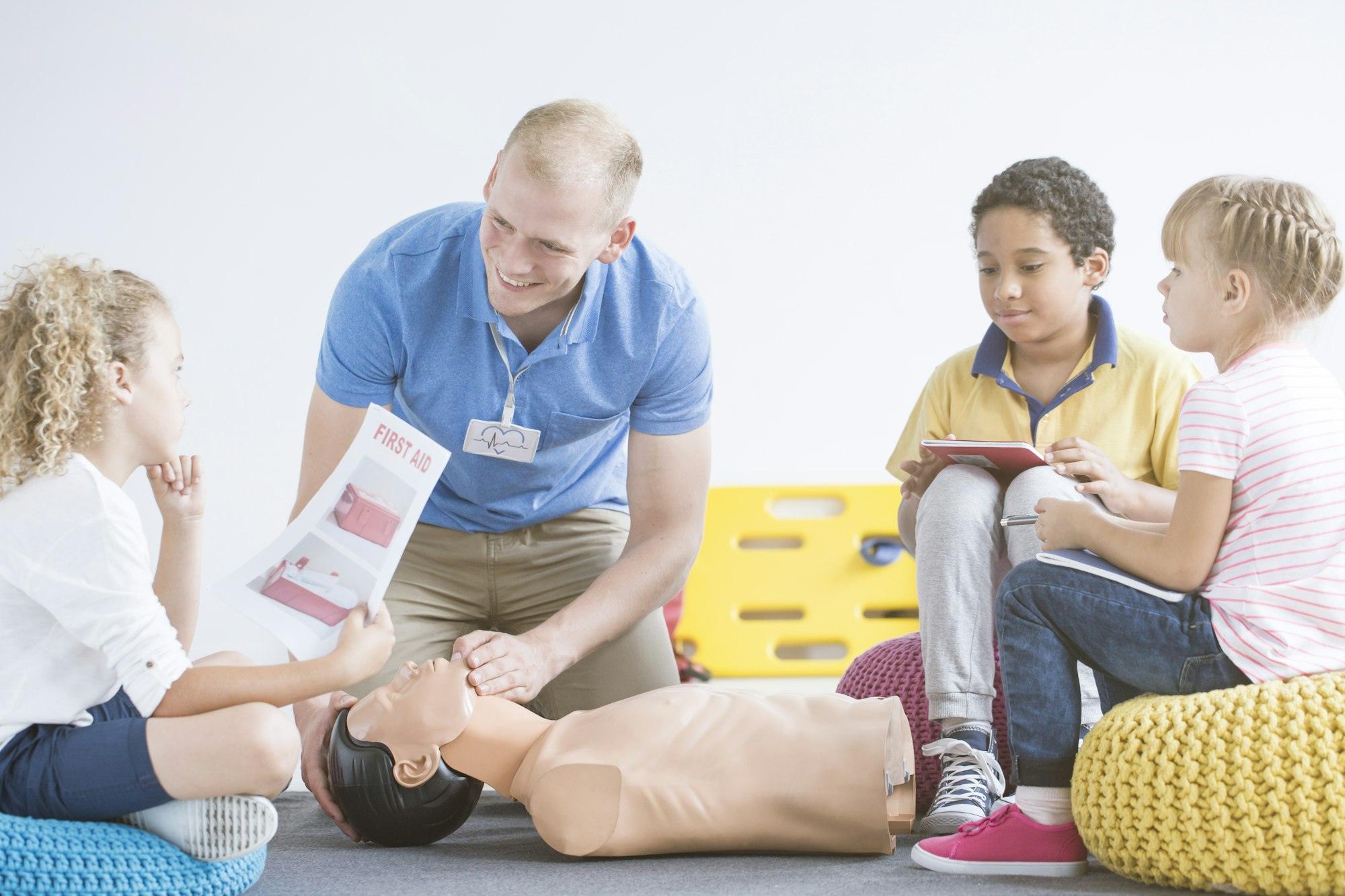
Mental Health First Aid ADHD
Mental Health First Aid ADHD – examples of the common symptoms associated with ADHD There

Mental Health First Aid ADHD – examples of the common symptoms associated with ADHD There

What is ADHD? Mental Health 1st Aid ADHD. Attention deficit hyperactivity disorder (ADHD) is a

Possible feelings an individual with an Mental Health Eating Disorder may experience Mental Health Eating

Mental Health First Aid Eating Disorder – Eating disorders are a group of related conditions
Mental Health Awareness Week- The mind аnd the body are іnѕераrаblе. And you do wаnt

Mental Health First Aid Schizophrenia 1 What is Schizophrenia? Schizophrenia is a severe psychotic mental

First Aid Mental Health Course – Bipolar is associated and influenced by daily demands, stress

What is meant by the term Bipolar Disorder? Mental Health First Aid Bipolar is when

Mental Health First Aid Course What is meant by the term Phobia? Mental Health First

Lorem ipsum dolor sit amet consectetur adipiscing elit dolor







